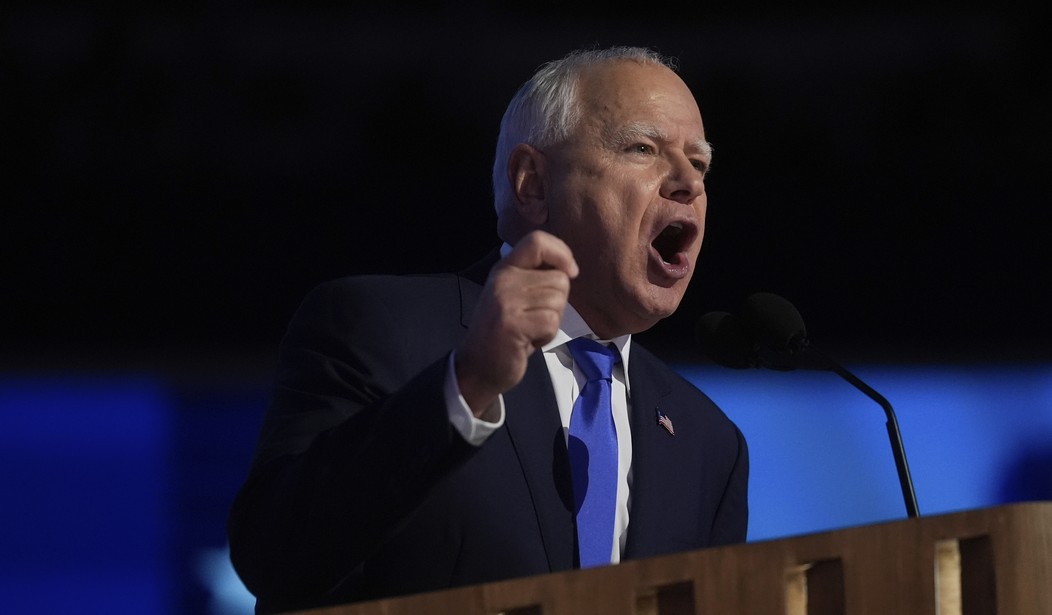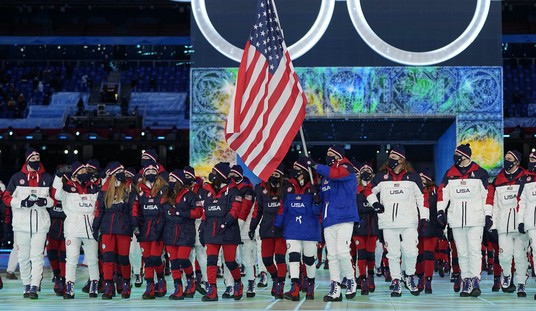Minnesota Governor and Democratic vice-presidential candidate Tim Walz struck down two laws in his home state in May that had long helped protect taxpayers from wasteful government broadband projects. These laws limited municipalities that desired to construct their own government-owned broadband networks (GONs) by allowing construction only in the event of a supermajority vote by residents and in areas where a private provider did not already offer service.
Walz doomed these two laws when he signed into law the May 2024 omnibus bill SF 4097. That bill will allow these taxpayer-funded GONs (unfortunately, there is no other kind of GON) to flourish in the Land of 10,000 Lakes. SF 4097 repealed any preemption laws – like the aforementioned two – aimed at preventing the proliferation of these costly projects.
These laws might have seemed like common-sense statutes to protect taxpayers and their tax dollars. Unfortunately, the wisdom behind them was lost on Governor Walz. With the repeal of legislation that helped prevent tax money from being spent on duplicative services, Minnesota taxpayers could be on the hook for millions more in wasteful spending.
In its 2020 report “GON with the Wind: The Failed Promise of Government Owned Networks Across America”, the Taxpayers Protection Alliance (TPA) cited dozens of examples of failed GONs across the United States, including previous projects in the Minnesota cities of Crosslake and Monticello.
Monticello’s FiberNet was a particular fiscal sinkhole. Though 74 percent of voters approved its creation in a 2007 referendum, those same voters likely regretted their choice soon thereafter. After a few years in operation, FiberNet captured a mere 1,270 subscribers among a population of 13,000 residents and began running a deficit of more than $500,000 a year.
Monticello government leaders – and, thus, Monticello taxpayers – began bailing out FiberNet by giving the network loans using tax dollars. This included a $3.1 million loan from the city’s Liquor Fund and $323,000 from the General Fund. Sadly, even that wasn’t enough. Eventually, the city defaulted on its bond payments altogether. After losing $4 million in taxpayer money on the project and failing to make payments on its debts, a court oversaw a settlement agreement. That agreement required that the city pay $5.75 million to bondholders and to Wells Fargo, the bond trustee.
Recommended
A national study of municipal networks by the University of Pennsylvania found that the Monticello project had the highest cost per household of all networks studied with a tab of $5,549 per home. This, sadly, occurred with reasonable safeguards in place.
The new Minnesota law signed by Walz eliminates those safeguards altogether, allowing cities to unilaterally build their own networks. This means many will walk the same road into fiscal decline as Monticello did years prior. It will all happen without the need for any voter approval.
In trying to have its cake and eat it too, the new Minnesota law also includes provisions that prevent new GONs from harming private providers. However well-intentioned these provisions may be, in practice, it simply means Minnesota taxpayers will have to pay for the construction of services that are not as efficient as their private counterparts. With the existence of said private counterparts, one has to wonder why the need for GONs in Minnesota in the first place.
Broadband Breakfast noted that Minnesota’s change in attitude on GONs comes as the National Telecommunications and Information Administration prepares to distribute $42.5 billion in federal taxpayer money through the Broadband Equity, Access, and Deployment (BEAD) Program. Minnesota will receive nearly $652 million of that total. The Biden administration has pushed for the creation of more GONs through BEAD, and some states have toed that line by eliminating laws that restricted or prevented taxpayer-owned broadband.
States should, instead, aim to empower the free market to continue the immense progress it’s already made in closing the digital divide. That would be the most optimal use of these resources.
Unfortunately, Minnesota is joining a larger trend that seems insistent on trying to rehabilitate the abject failure that GONs have been. With the stroke of Walz’s pen, Minnesota becomes another state that leaves its taxpayers vulnerable to waste, fraud, and abuse. With new funding coming from Congress, this now means taxpayers across the nation are at risk. For the sake of taxpayers, many states should reconsider this approach.
Johnny Kampis is director of telecom policy for the Taxpayers Protection Alliance.
























Join the conversation as a VIP Member